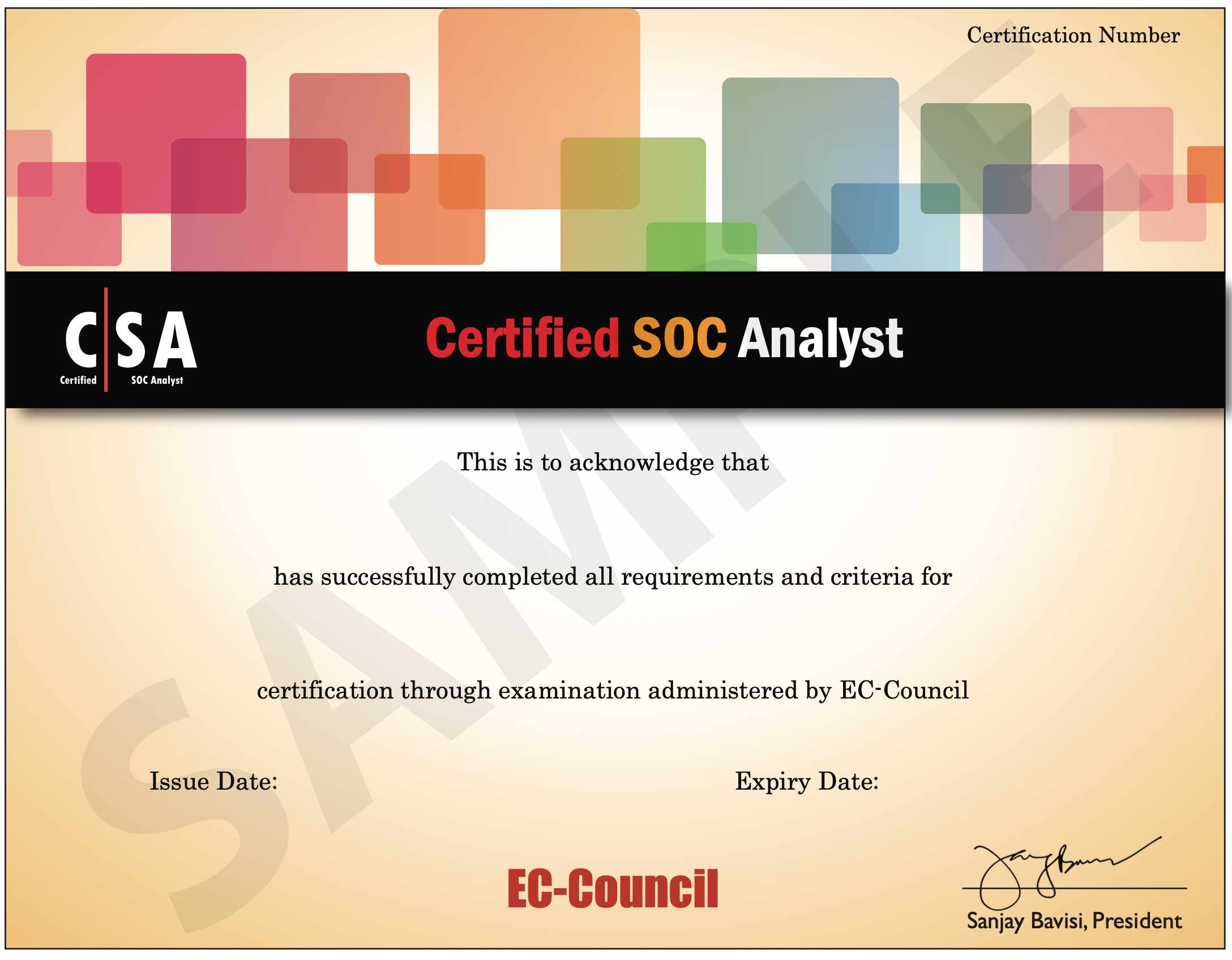Ethical Hacking Essentials (EHE)
Course Overview

Ethical Hacking Essentials is an introductory cybersecurity course that covers ethical hacking and penetration testing fundamentals and prepares learners for a career in cybersecurity. This ethical hacking course will introduce learners to computer and network security concepts such as threats and vulnerabilities, password cracking, web application attacks, loT and OT attacks, cloud computing, pentesting fundamentals, and more.
EC-Council’s ethical hacking essentials course provides hands-on practical experience to learners, thus giving them the skills necessary for a future in cybersecurity. Put your newly acquired abilities to the test with an exhilarating Capture the Flag (CTF) Exercise seamlessly integrated in our Capstone project. This CTF is seamlessly integrated by live virtual machines, genuine software, and real networks, all delivered within a secure and regulated sandbox environment. With these exclusive hands-on, human-versus-machine CTF challenges you will develop the hands-on proficiencies essential for success in your cyber professional role.
Learning Outcomes
Understand major cybersecurity challenges, regulatory frameworks, compliance standards, and legal requirements governing information security.
Identify and analyze various cybersecurity threats, vulnerabilities, and attack vectors that can compromise information security systems.
Learn about various malware types including viruses, worms, trojans, ransomware, and spyware, along with their characteristics and propagation methods.
Master password attack methods including brute force, dictionary attacks, rainbow tables, and implement strong password policies and multi-factor authentication.
Understand social engineering attacks, insider threat vectors, identity theft methods, and develop awareness training and security controls to mitigate these risks.
Learn network-based attacks including packet sniffing, DDoS attacks, and session hijacking, and implement network security controls to defend against these threats.
Understand web application vulnerabilities including SQL injection, XSS, CSRF, and server attacks, and implement secure coding practices and application security controls.
Master wireless security protocols, identify wireless attack vectors like rogue access points and eavesdropping, and implement wireless security controls.
Understand mobile security threats, implement mobile device management (MDM) solutions, and apply mobile security best practices and protection tools.
Learn Internet of Things and Operational Technology security challenges, attack vectors, and implement security controls for connected and industrial systems.
Understand cloud computing models, identify cloud-specific threats and attacks, and implement cloud security controls and best practices.
Learn penetration testing methodologies, ethical hacking principles, vulnerability assessment techniques, and legal considerations for security testing.
Exam Information
Course Content & Modules
Information Security Fundamental
Learn fundamental information security concepts, principles, and frameworks essential for understanding cybersecurity foundations.
Ethical Hacking Fundamentals
Understand ethical hacking principles, legal frameworks, penetration testing methodologies, and responsible disclosure practices.
Information Security Threats and Vulnerability Assessment
Identify and assess various cybersecurity threats, vulnerabilities, and attack vectors that can compromise information systems.
Password Cracking Techniques and Countermeasures
Master password attack techniques including brute force, dictionary attacks, and rainbow tables, while implementing strong authentication defenses.
Social Engineering Techniques and Countermeasures
Learn social engineering attack methods, psychological manipulation techniques, and develop awareness training to defend against human-based attacks.
Network Level Attacks and Countermeasures
Understand network-based attacks including sniffing, DoS, and session hijacking, and implement network security controls and monitoring.
Web Application Attacks and Countermeasures
Learn web application vulnerabilities including SQL injection, XSS, CSRF, and implement secure coding practices and application security controls.
Wireless Attacks and Countermeasures
Master wireless security protocols, identify wireless attack vectors like rogue access points, and implement wireless security controls.
Mobile Attacks and Countermeasures
Understand mobile security threats, implement mobile device management (MDM) solutions, and apply mobile security best practices.
IoT and OT Attacks and Countermeasures
Learn Internet of Things and Operational Technology security challenges, attack vectors, and implement security controls for connected systems.
Cloud Computing Threats and Countermeasures
Understand cloud computing models, identify cloud-specific threats and attacks, and implement cloud security controls and best practices.
Penetration Testing Fundamentals
Learn penetration testing methodologies, ethical hacking principles, vulnerability assessment techniques, and legal considerations for security testing.
Earn Your Industry-Recognized Certificate
Upon successfully passing the examination for this course, participants will be awarded a certificate, an example of which is shown below.



